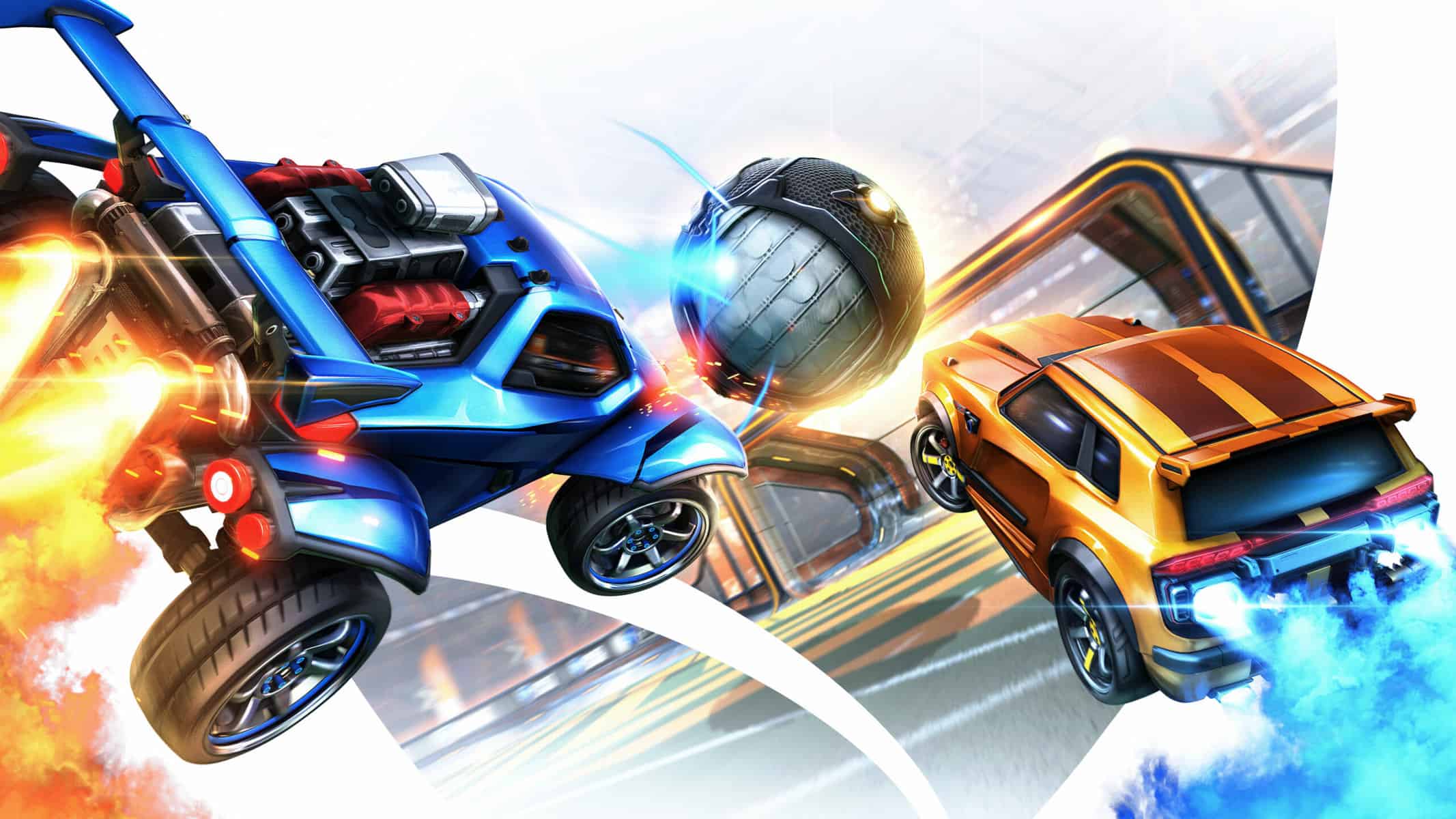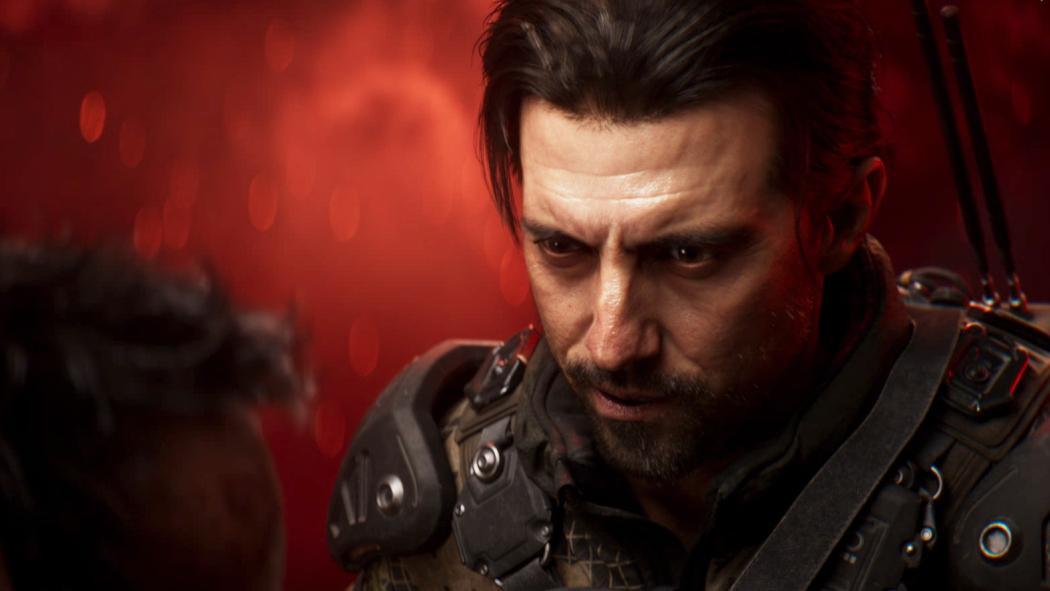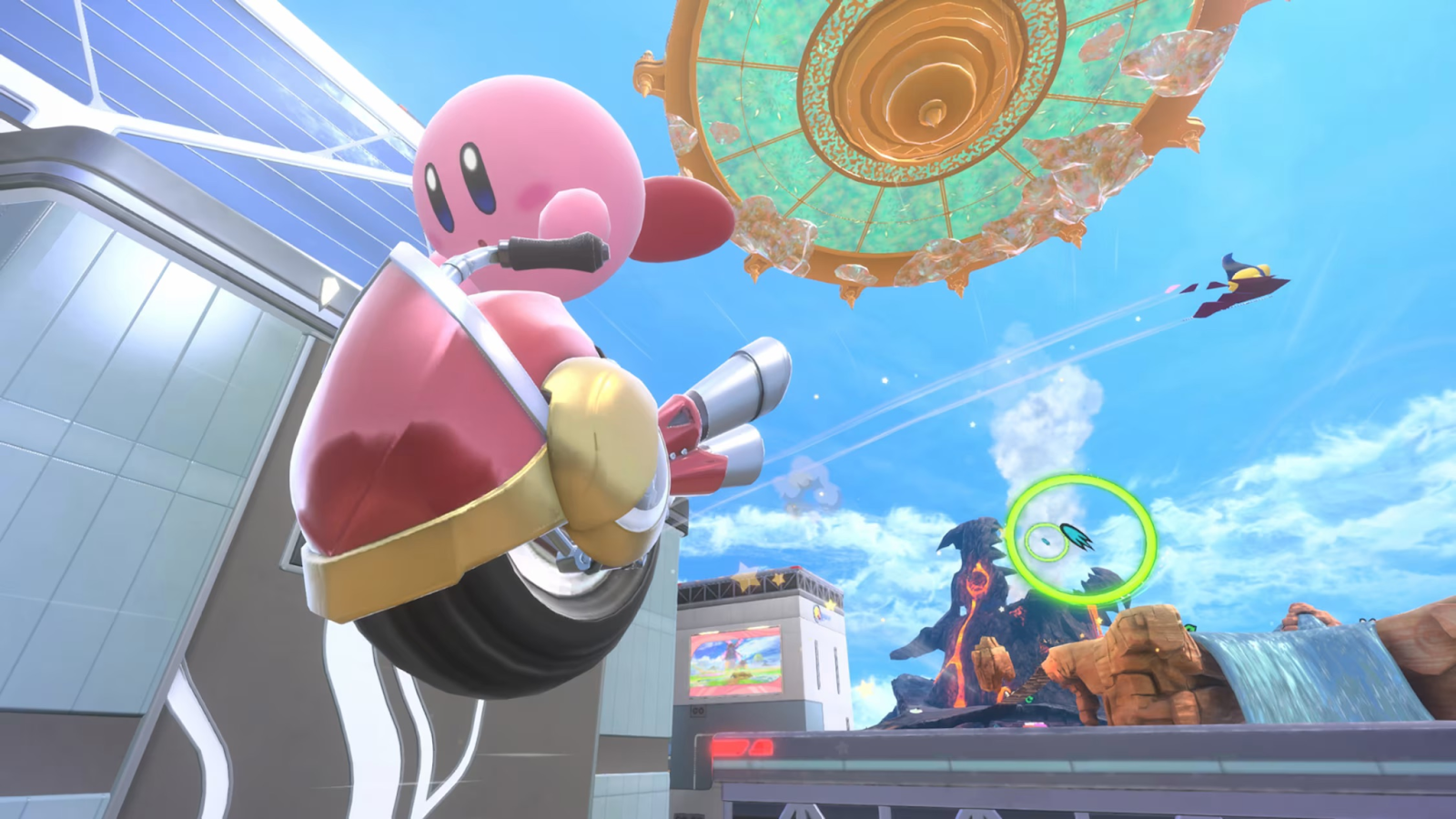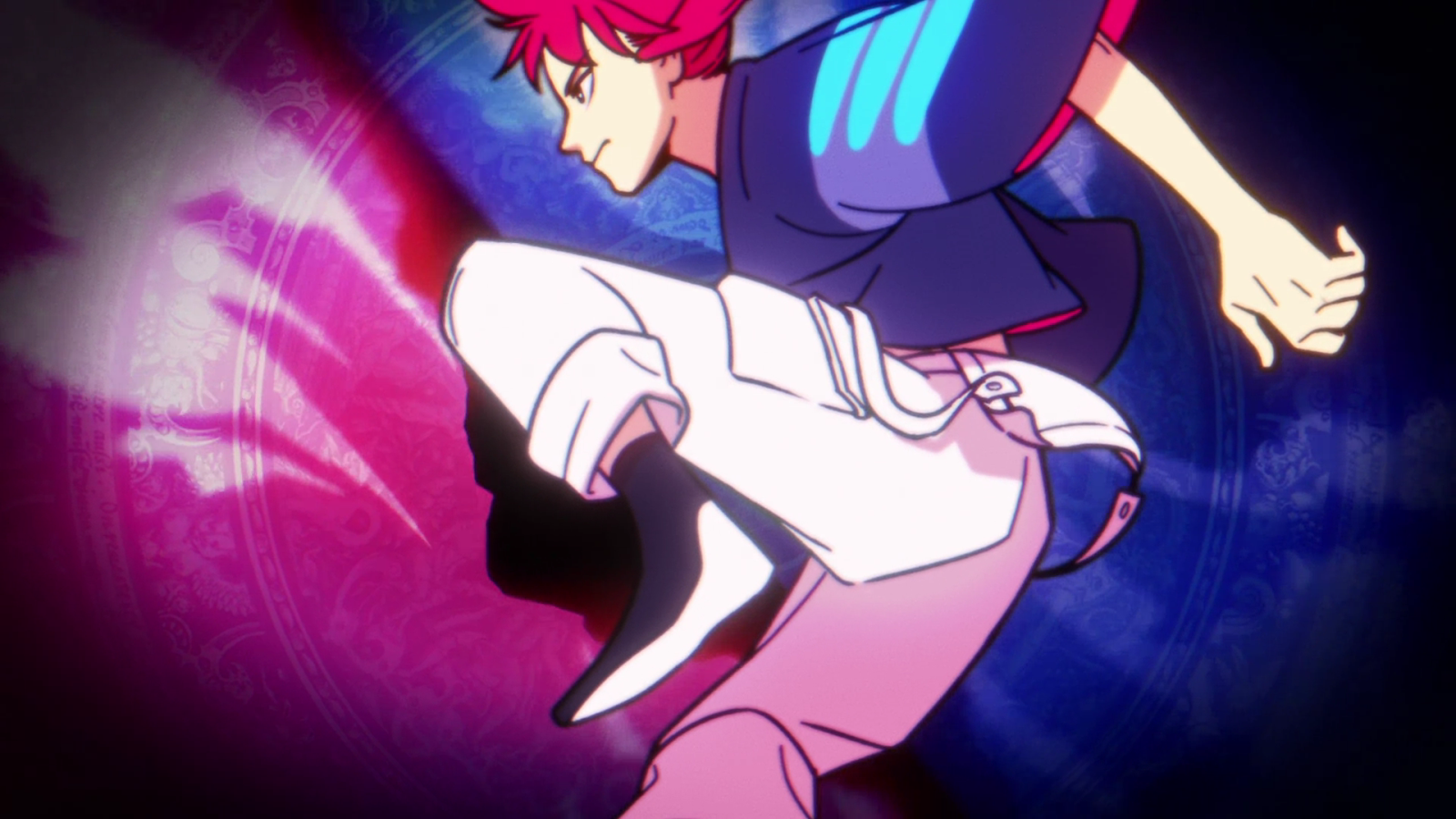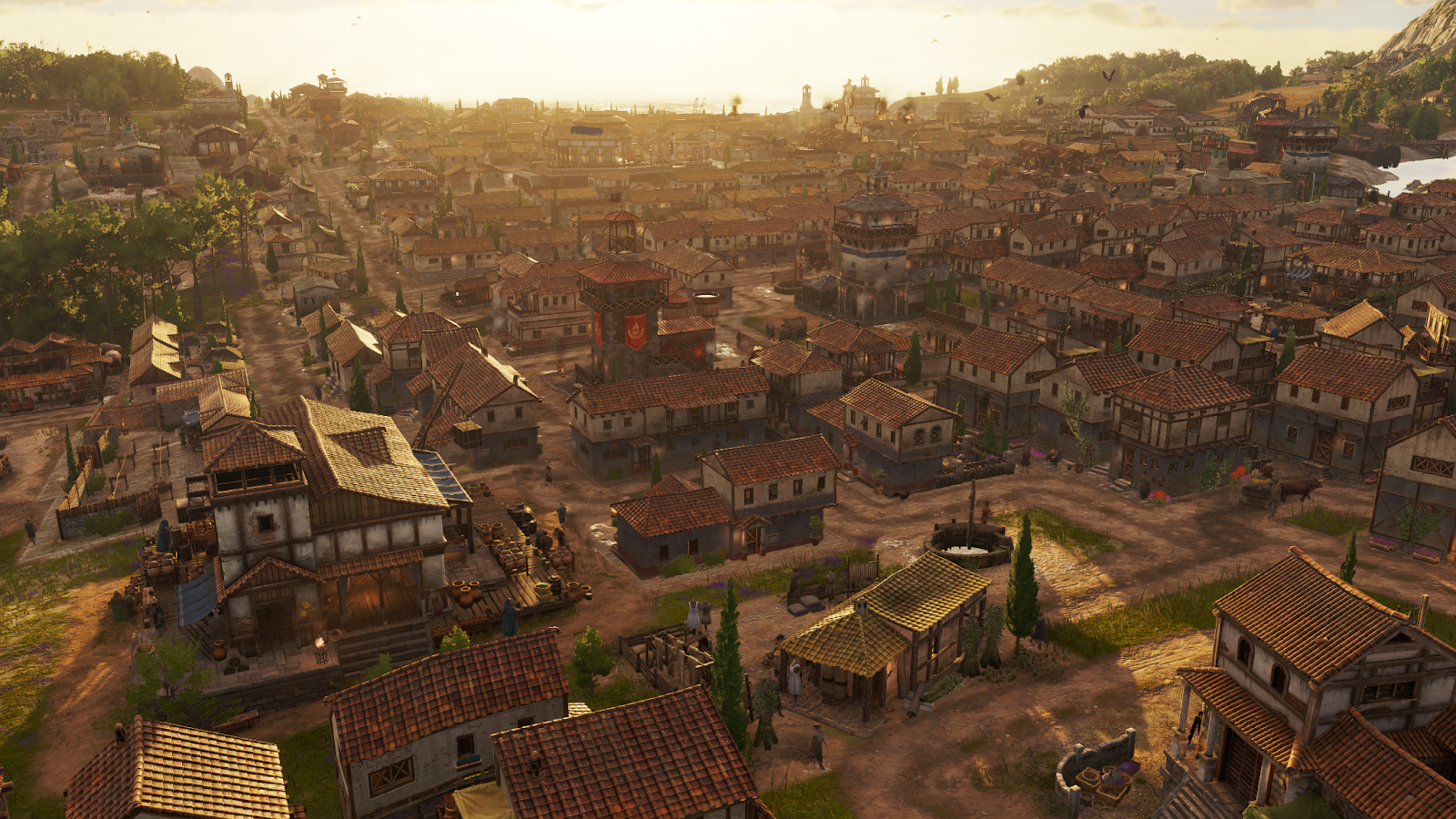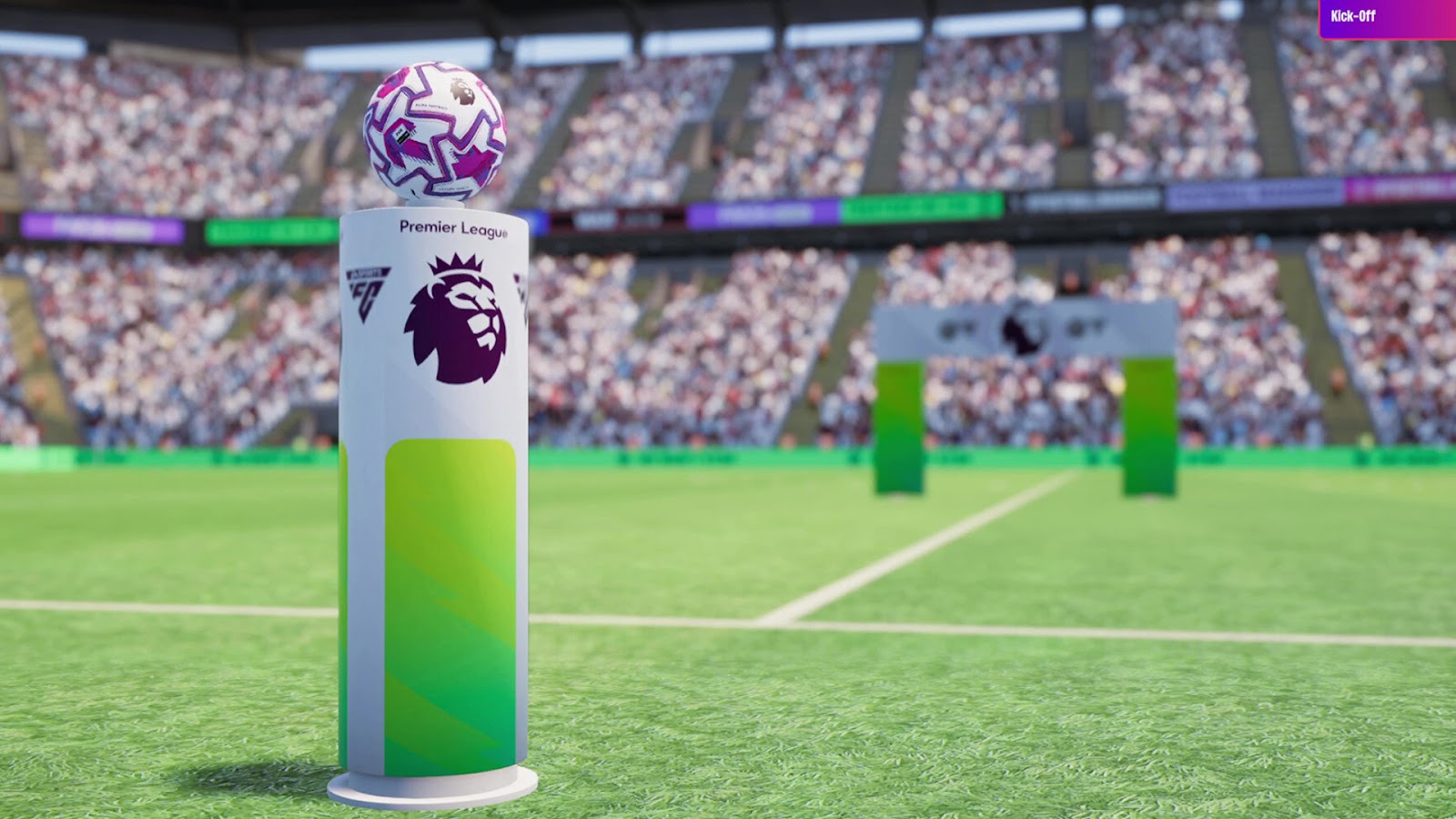You can trust VideoGamer. Our team of gaming experts spend hours testing and reviewing the latest games, to ensure you're reading the most comprehensive guide possible. Rest assured, all imagery and advice is unique and original. Check out how we test and review games here
In concept, Rocket League features a combination of forms so childlike it’s difficult not to immediately be on board. It’s football, meets driving, in the future! Unlike most childlike combos, however, like games journalists and Lego, Rocket League is actually good.
So, it’s cars and football and driving and being a dick, which is of course nakedly fantastical – the three don’t occur in reality unless Thierry Henry is getting paid a fortune. But Rocket League’s appeal is that its outlandish nature is rooted in the rules of actual football: two goals, a ball, some players. No power-ups, beyond boost, and no weapons (Ronaldo isn’t licensed). You can drive on the ceiling of the domed pitch you play on, and use afterburners to propel your car into proto-flight. But during most matches you’ll be more focused on the basics – getting the ball in the net, preventing the same from happening to you.
Crossing football with ‘X’ isn’t a new idea – developer Psyonix itself had a stab at it on PS3 under the journo-infuriating name of Supersonic Acrobatic Rocket-Powered Battle-Cars. And, well, Speedball 2 exists. But Rocket League succeeds by translating the core appeal of football into intelligent interactions between car and ball, while at the same time having an understanding of where to push the floaty physics and what to keep more grounded.
The most basic move in your arsenal – hitting the ball with your car – comes with a incredibly satisfying ‘thump’ sound effect. Launching it further sees the ball move gracefully – or as gracefully as an oversized beachball can – through the air, often with enough hangtime for long shots. Despite its obvious, massive differences to the real sport, you’ll often find yourself comparing your play to the real thing: top corner goals that remind your of Scholes screamers, or flicks that recall the best midfielders. Rocket League uses your imagination to fill in the blanks, much the same as PES. Not a bad thing to be compared to.
Like most sports games, Rocket League is best played with others, although your mileage may vary on how many is too many. 4v4 is described as ‘Chaos’ in-game, and invariably is. Observing my first few matches, Editorial Overlord Tom Orry described it as being akin to watching children play football, and there’s no better way of putting it. Everyone rushes the ball, waiting under it as it invariably smashes into the sides of the court, falling slowly to the ground. More players means more ball-watching, more of your own teammates smashing into you as they bid for stupid glory, more comical own goals as NutBustter1996 tries to be the hero. Playing a role is encouraged: ‘keepers’ get XP (which determines your rank and skill level) for saves and clearances, and wing play giveing points as well. It’s also satisfying: clearing the ball off the line is difficult, and as such superb when you pull it off.
3v3 is much the same, with the physics, floaty as they are, not really suited to seeing the ball constantly being punted about: it can often feel like chasing a balloon around a children’s party, but the children are in high-powered rocket cars. It’s in these modes that you feel Psyonix would be better off making the ball move just a tad faster: often you’ll crash into it at speed only to see your car move quicker than it after collision.
2v2 and singles fare better, making up for what they lose in general hilarity with strategy, skill, and last-minute, fist-pumping winners. More tactical, they encourage players to use their heads as much as the boost button, generally splitting into attack and defence. Smaller teams mean the game plays a little more like basketball (the ‘tip-off’ after each goal becomes more crucial), with individual skill triumphing over brute force.
A reliance on ability and not numbers sees Rocket League’s excellent systems come into play: front-flipping into the ball powers it forward, double-jumps give you air for clearances and bicycle kicks, sideways flips are used defensively, and maintaining boost (by running over power pods on the turf) becomes a priority – and an insurance policy if you get caught out of position. Other elements which are easy to miss in the scrum come to the fore: the 5 minutes of game time are boosted by the clock stopping after each goal, and the match doesn’t end until the ball touches the floor at 1 second to go.
Played online, or in local splitscreen, Rocket League is a great laugh, and competitive (if not exactly ‘balanced’) to boot. Server issues affected the very early going, but now they’re far more solid, and it’s relatively easy – if not always straight forward – to get a game. Offline, Rocket League fares less well, with its AI either too easily bested or intensely difficult to beat, and a season mode that suffers accordingly, despite its slew of unlockable cars and accoutrements. That’s a minor concern: multiplayer is Rocket League’s priority, and it delivers.
Version Tested: PS4.
Rocket League
- Platform(s): Linux, macOS, Nintendo Switch, PC, PlayStation 4, Xbox One
- Genre(s): Indie, Racing, Sport, Sports

